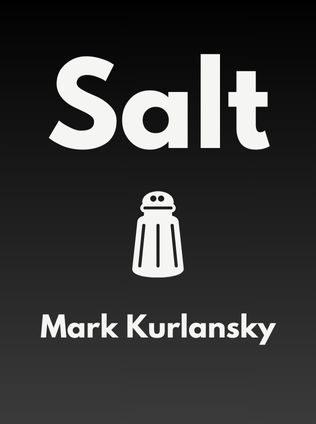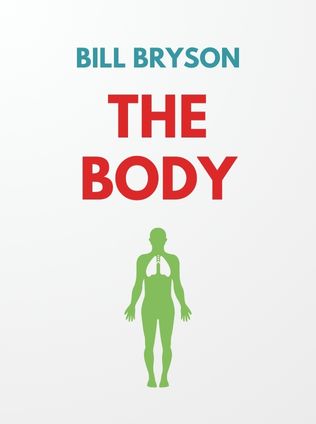
About the Author
Mark Kurlansky is an acclaimed American author and journalist whose body of work spans an impressive range of topics. Born in 1948 in Hartford, Connecticut, Kurlansky pursued a degree in theater from Butler University before embarking on a career in journalism. Over the years, he has written for various publications, including The International Herald Tribune, The Chicago Tribune, and The Miami Herald. However, it is through his books that Kurlansky has truly made his mark.
His approach to writing is characterized by a deep curiosity and an ability to unearth the hidden significance in seemingly ordinary subjects. Kurlansky's works often explore how these subjects intersect with history, culture, and economics. His most famous books include "Cod: A Biography of the Fish That Changed the World" and "The Basque History of the World." Both of these works, like "Salt: A World History," reveal the profound impact that a single commodity can have on the course of human events.
In "Salt: A World History," Kurlansky takes readers on a journey through time, demonstrating how this ubiquitous mineral has shaped civilizations, driven economies, and even sparked wars. His meticulous research and engaging storytelling have made him a beloved author among both scholars and general readers alike.
Main Idea
"Salt: A World History" by Mark Kurlansky is a fascinating exploration of the role that salt has played in human history. Kurlansky argues that salt, a substance we now take for granted, was once so valuable that it significantly influenced the development of civilizations. The book traces the history of salt from ancient times to the present day, showing how it has been used not just as a seasoning, but as a preservative, a currency, and a symbol of power.
The central thesis of the book is that salt has been a critical factor in human survival and progress. Kurlansky demonstrates how salt's ability to preserve food allowed early humans to store food for times of scarcity, which in turn enabled the development of stable communities and the growth of cities. Furthermore, he shows how the control of salt resources became a source of wealth and power, leading to the rise and fall of empires.
Table of Contents
- Introduction to Salt and Its Importance
- Biological Significance of Salt
- Culinary Importance and Preservation Techniques
- Technological Innovations Driven by Salt
- Salt’s Environmental Impact
- Economic and Political Influence of Salt
- Conclusion: The Legacy of Salt in Modern Times
Introduction to Salt and Its Importance
Salt is a substance that is so common in our daily lives that we often overlook its importance. We sprinkle it on our food without a second thought, and yet, as Mark Kurlansky reveals in "Salt: A World History," this humble mineral has played a pivotal role in shaping human civilization. Salt is not just a seasoning; it is a necessity for life. Without it, our bodies would not function properly, and historically, its ability to preserve food made it one of the most valuable commodities in the world.
Kurlansky begins by explaining the basic chemistry of salt. Known scientifically as sodium chloride, salt is a compound that is formed when an acid reacts with a base. However, this simple definition belies the complex history and significance of salt. Throughout history, salt has been more than just a chemical compound; it has been a symbol of wealth and power, a driver of technological innovation, and a catalyst for political conflict.
Biological Significance of Salt
One of the most critical aspects of salt is its role in human biology. Kurlansky emphasizes that salt is essential for the proper functioning of the body. Sodium, one of the components of salt, is necessary for nerve transmission and muscle contraction, while chloride is essential for digestion and maintaining the balance of fluids in the body. Without enough salt, the body cannot perform these vital functions, leading to symptoms such as nausea, weakness, and even death.
Salt and Human Health
Historically, people have recognized the importance of salt for health, even if they did not fully understand the science behind it. In ancient times, salt was often prescribed as a remedy for various ailments, and it was believed to have healing properties. However, Kurlansky also notes that too much salt can be harmful. Excessive salt consumption has been linked to high blood pressure and other health problems, leading to ongoing debates about the optimal amount of salt in the diet.
Sign up for FREE and get access to 1,400+ books summaries.
You May Also Like
Rich Dad Poor Dad
What the Rich Teach Their Kids About Money - That the Poor and Middle Class Do Not!
By Robert T. KiyosakiFreakonomics
A Rogue Economist Explores the Hidden Side of Everything
By Steven D. Levitt and Stephen J. DubnerFactfulness
Ten Reasons We're Wrong About the World – and Why Things Are Better Than You Think
By Hans Rosling



















